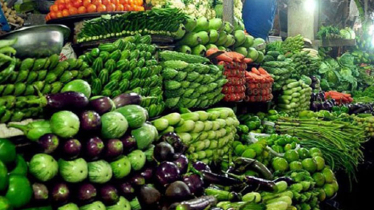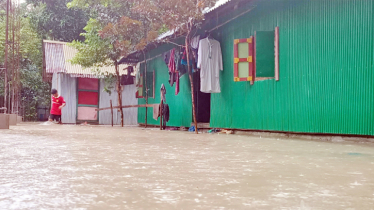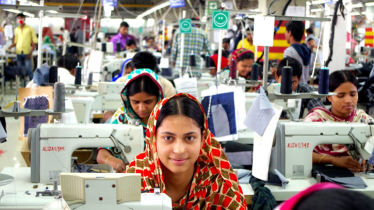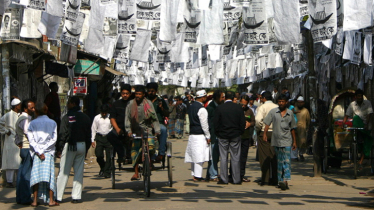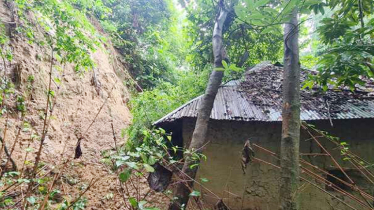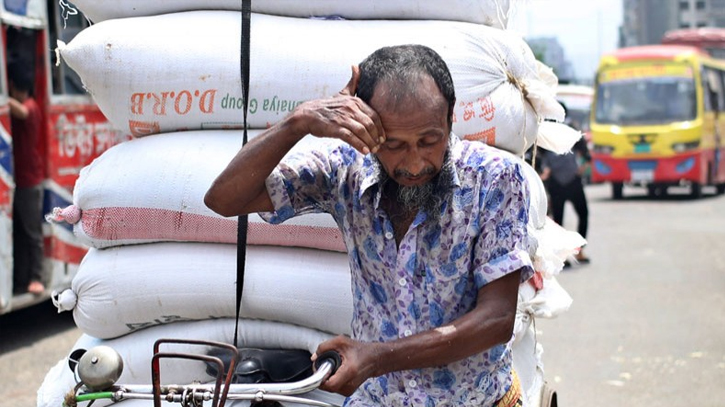
Photo : Collected
A severe heat wave is sweeping across the nation, leaving people scorched in its wake. Hospitals are witnessing a surge in admissions, particularly among children and the elderly, as the intense heat takes its toll. As temperatures soar, there's a growing apprehension about the potential exacerbation of the situation due to the proliferation of Aedes mosquitoes nationwide. Public health officials and pathologists are sounding the alarm, warning of an escalation in mosquito-borne and waterborne illnesses.
Moreover, there's a palpable fear of outbreaks of seasonal influenza, diarrhea, and cholera. Symptoms like fever, colds, and coughs have become ubiquitous in households. Reports of cholera and diarrhea emerging in various regions are adding to the mounting concerns. The heat wave not only creates conducive conditions for the spread of diseases like dengue, cholera, diarrhea, typhoid, jaundice, and pneumonia but also exacerbates the existing challenges.
Experts caution that while cholera outbreak is a perennial issue, it often goes undisclosed at the governmental level. However, the current circumstances may exacerbate the situation. Therefore, it's imperative to promptly prepare hospitals to handle these diseases. Additionally, there's apprehension about a potential malaria outbreak in hilly areas.
According to experts, the current situation is likely to be further complicated by the impacts of climate change. The intensifying heat poses a dual threat: increased sweating and dehydration on the one hand, and a shortage of safe water leading to the spread of waterborne diseases like diarrhea, cholera, typhoid, jaundice, hepatitis A and C, and other viruses on the other. Concerns also mount over the heightened risk of dengue due to the expanding habitat of Aedes mosquitoes driven by rising temperatures.
Furthermore, respiratory issues may worsen due to heightened air pollution, exacerbating health risks. If the ongoing heatwave persists, the incidence of heat-related illnesses and heatstroke could soar. Consequently, precaution is essential for anyone venturing outdoors. Seeking shade, using umbrellas, and carrying safe drinking water are crucial practices, particularly for vulnerable groups such as children and the elderly.
Experts emphasise that as temperatures rise, so does the prevalence of seasonal diseases. In Bangladesh, flu is detected year-round, with rates spiking from April to September and peaking between June and July, marking it as the influenza season. Vaccination is pivotal for safeguarding vulnerable populations ahead of the season, and caution is advised regarding antibiotic usage during this period.
Emeritus Professor Dr. ABM Abdullah emphasised the importance of personal precautions in safeguarding against seasonal diseases. He stressed the necessity of consuming clean water and maintaining a balanced diet. Additionally, he advised using umbrellas when going outdoors to shield against the sun's rays and drinking electrolyte-rich fluids like salted water to prevent dehydration. Dr. Abdullah underscored the need for heightened vigilance, especially concerning the elderly and children, who are more vulnerable to the adverse effects of seasonal illnesses.
Messenger/Fameema

